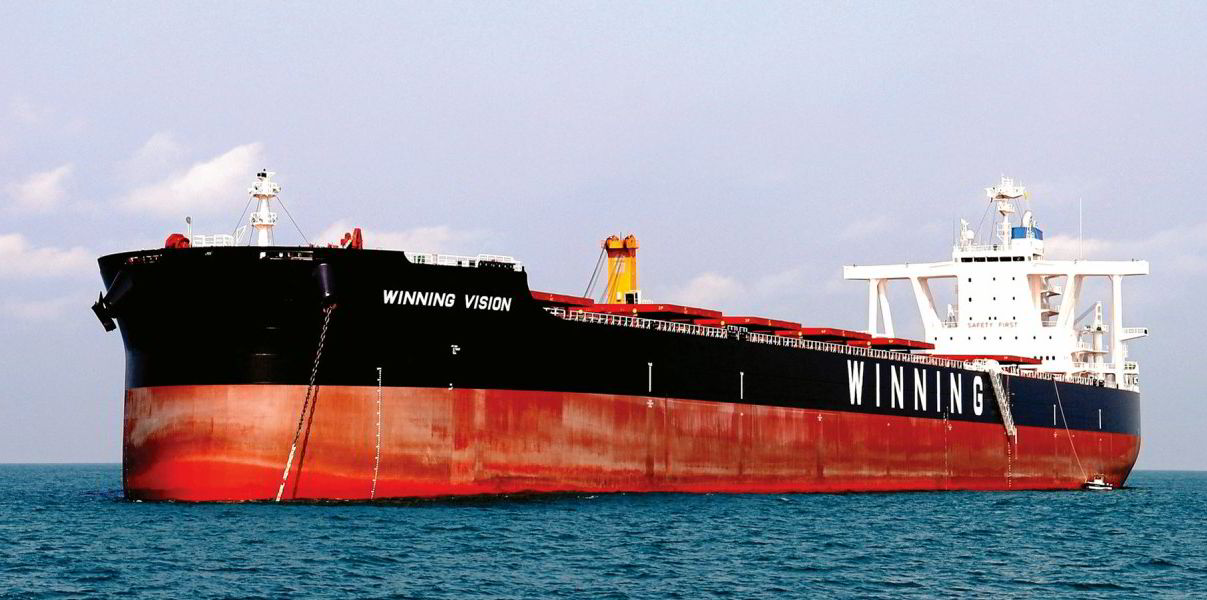The capesize bulker market declined further on Thursday, continuing a three-week downward trend that has been driven in the last two days by Europe’s bountiful supply of coal.
The Baltic Exchange’s Capesize 5TC basket of spot-rate averages across five key routes fell 6.1% on Thursday to $9,487 per day, mostly due to the average spot rate for the round-trip C8 voyage from Brazil to Europe dropping 22.2% to $5,719 per day on the same day.
The C8’s average spot rate had plummeted 23.6% on Wednesday, providing the main catalyst for the Capesize 5TC’s 52% drop to $10,200 per day on that day.
“The transatlantic round voyage with coal cargoes is one of the weakest routes,” Clarksons Securities analyst Frode Morkedal wrote in a note on Thursday.
“According to a recent Bloomberg article, Europe’s coal stockpiles are so plentiful that coal is being re-shipped to Asia.”
He also noted China’s manufacturing purchasing managers’ index (PMI) lower-than-expected score of 48.8 for May, according to the National Bureau of Statistics.
The number, which was released on Wednesday, was below an expected PMI reading of 51.4 for May and April’s result of 49.2. Any number below 50 indicates a contraction in manufacturing.
But he also pointed to other data that indicated that China’s manufacturing actually grew in May and that confidence in the dry bulk market may be lower than it should be.
For example, China’s Caixin manufacturing PMI, which focuses on small and medium-sized private companies, rose to 50.9 from 49.2 in April, Morkedal said.
He also pointed to a Bloomberg report that May’s manufacturing output increased “significantly” from the prior month, according to US-based data provider China Beige Book.
“Overall, this data indicates that manufacturing increased in May, suggesting that current sentiment may be overly pessimistic,” he wrote.
But shipping data firm Signal Ocean, in a report published on the Breakwave Advisors website, focused on China’s lacklustre economy as the reason for the falling capesize sector.
“The Chinese economy is grappling with challenges as the property sector weakens and iron ore prices slide,” the firm said in its Signal Dry Bulk Weekly Report.
“Chinese demand for iron ore is on a decreasing trend, while it seems that we are nearing the end of an era for Chinese construction.”






